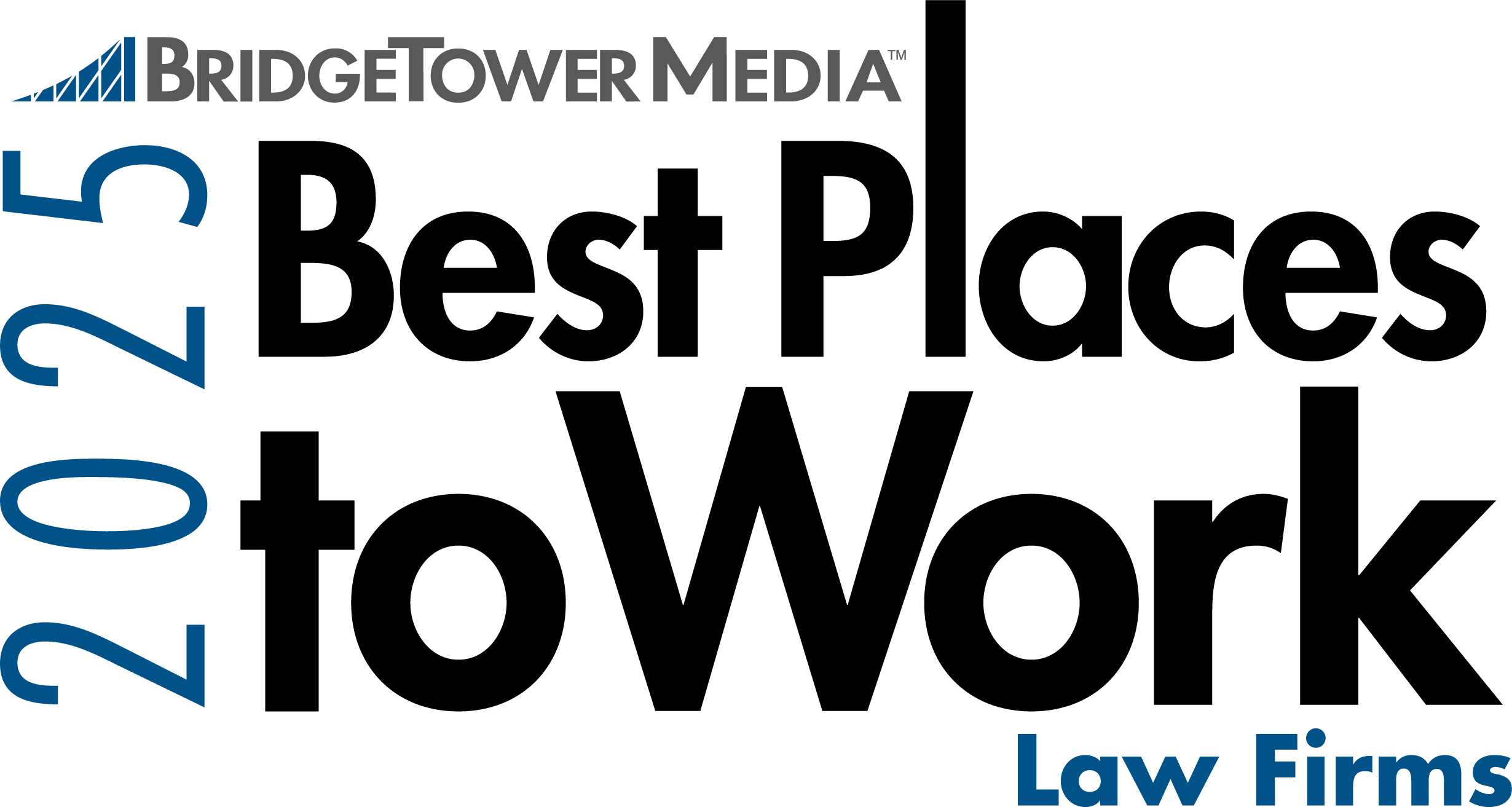Suffering an injury is always frustrating, but even more so when someone causes it. If you’ve sustained an injury at the hands of another person, there’s a chance you may have a valid personal injury claim.
Determining whether you have an actual personal injury case is one of the most common concerns after suffering injuries in an accident. You may not know and might want to answer the question independently. Do not do that. Always involve a personal injury lawyer.
A skilled personal injury attorney can ask all the right questions and gather enough information to decide whether you have a personal injury case. Additionally, they can answer your questions and give you knowledgeable legal advice on how best to proceed.
Continue reading to understand personal injury claims better. For personalized information and legal advice, discuss your situation with a qualified personal injury attorney as soon as possible.
Personal Injury Claims Explained
Personal injury law exists to help individuals who have suffered harm from another person’s wrongdoing. Filing a personal injury lawsuit allows you to hold the person accountable while pursuing fair compensation for your injuries and losses.
There are many critical parts of personal injury claims, including determining the cause of your accident or injuries, proving liability, and calculating damages.
Determining the cause can answer the question of who caused your accident and injuries.
Evidence confirms the cause of your injury, including:
- Police reports
- Medical records
- Black boxes
- Eyewitness statements
- Photos
- Surveillance footage
Deciphering who is liable for your accident and injuries is equally as important, as, without this vital piece of information, it’s almost impossible to pursue compensation. Many personal injury claims arise from negligence but may also involve intentional acts.
To seek financial recovery, you’ll need to prove you suffered damages due to your accident and injuries. You may suffer economic or non-economic damages.
Economic damages represent tangible losses and are usually easy to calculate and prove.
These damages include:
- Medical expenses
- Rehabilitation costs
- Property damage
- Lost wages
- Loss of earning capacity
Non-economic damages represent intangible losses and are often more challenging to prove.
These damages can include:
- Emotional distress
- Pain and suffering
- Loss of enjoyment of life
- Permanent disfigurement
Some cases may recover punitive damages. Punitive damages apply in cases involving more than negligence. If a defendant’s actions are intentional, malicious, or grossly negligent, punitive damages work to punish the defendant for their wrongdoing and deter future actors from engaging in the same conduct.
Personal injury claims involve many moving parts that few people can handle alone. A personal injury attorney can yield much more favorable results.
Common Types of Personal Injury Cases
There are many different types of personal injury cases.
Some of the most common cases involve:
- Car/truck/motorcycle/bicycle accidents
- Pedestrian accidents
- Slip and falls and premises liability accidents
- Workplace accidents
- Dog bites
- Medical malpractice
- Defective products
- Wrongful death
These personal injury cases have some details in common, but the most important is that the victim’s injuries happen due to someone’s wrongdoing. Had the defendant not acted negligently or intentionally, the victim would not have suffered harm.
Understanding Whether You Have a Valid Personal Injury Claim
Just because you suffer an injury does not automatically mean you have a good personal injury claim.
Successful personal injury cases involve the defendant’s negligence. To establish the defendant acted negligently, you need a lawyer to answer yes to the following questions, and evidence must prove it.
Did the Other Party Owe You a Duty?
To satisfy the first element of negligence, the other party had to owe you a duty.
Here are some common examples of individuals that owe others a duty of care:
- Drivers owe others on the road a duty to drive responsibly
- Doctors owe their patients a responsibility to care for them
- Product manufacturers owe customers a responsibility to make functioning and safe products
Ask yourself: “Did the defendant owe me a duty of care?” You can move on to the next element if the answer is yes.
Did the Other Party Breach This Duty?
It’s not only sufficient for the defendant to owe you a duty, but they must also breach it.
For example, truck drivers owe others on the road a duty of care to drive carefully and responsibly. If a truck driver drives distracted driving or under the influence of drugs and alcohol, they put others at risk. Therefore, they breach the duty they owe others.
If the defendant owes you a duty and breaches this duty, you have satisfied the first two elements of negligence.
Did the Other Party’s Action or Inaction Cause Your Accident?
After proving the first two elements, you must show the link between the defendant’s breach and your accident.
For instance, if your doctor fails to properly diagnose a serious medical condition that worsens without medical intervention, the physician’s inaction has caused your harm. You can show the connection between the failure to diagnose and the worsening of your physical health.
You must establish a clear relationship between the defendant’s wrongdoing and your accident or harm.
Did You Suffer Injuries and Losses?
Finally, you must prove that not only did the defendant’s action or inaction result in an accident or incident, but you suffered actual injuries and losses.
For this element, you’d need to list and prove your damages, including past and future medical expenses, pain and suffering, and the like.
Suppose you can successfully answer yes to these four questions and provide sufficient proof of your allegations. You may have a valid personal injury claim and the ability to pursue financial recovery for your losses.
What to Do if You Believe You Have a Personal Injury Claim
Act quickly and carefully if you suffered an injury and think you may have a personal injury claim. What you do after an accident or sustaining injuries can either positively or negatively affect your case.
Keeping the following steps in mind can help protect your rights to fair compensation.
Seek Medical Attention
As soon as possible after an accident, seek medical attention. Whether you experience a slip and fall, car accident, or work accident, do not hesitate to get medical help immediately.
After certain events, like car accidents, it’s not uncommon to believe you’re okay and are lucky enough to walk away unscathed. When you experience a traumatic or scary event, your body’s natural reaction is to release adrenaline as a form of protection from the stressor. Adrenaline blocks pain. You may suffer from an injury and not even know it until much later.
Visiting an emergency room or your primary care physician can shed some light on any potential injuries you may have suffered during the accident. Once you have a clearer picture of the extent and severity of your injuries, you can begin medical treatment and get on the road to recovery.
Follow Through With Medical Treatment
Once your doctor has provided a treatment plan, be sure to complete treatment entirely.
Whether treatment includes medication, rehabilitation, or surgery, you should do whatever is necessary to put your health and wellbeing first and recover.
Evidence is critical in personal injury cases, and medical records are one of the most important puzzle pieces.
Your medical records can provide answers to some of the most vital questions, including:
- What caused your injuries?
- How severe are your injuries?
- What type of treatment is required?
- Will you ever fully recover?
- Will you need medical treatment in the future?
These questions help prove your damages and pursue compensation.
It may be tempting to stop your medical treatment before finishing, as you might feel better and think it’s no longer necessary. However, don’t stop your treatment midway, even if you feel better.
Stopping medical treatment without finishing can communicate a negative message to the insurance company or opposing party. They may believe your injuries weren’t as serious as you alleged, or worse, you never had injuries in the first place.
No matter what, follow through with your medical treatment. Should you have any questions or doubts along the way, discuss them with your doctor.
Collect Documentation and Evidence
Evidence and documentation can significantly strengthen your personal injury case and provide many essential answers.
If possible, after your accident or injury, begin gathering evidence.
This can include:
- Photos and videos
- Witness contact information
- Documentation of lost income
- Medical bills
Your personal injury lawyer can also get much more evidence as your case proceeds, including:
- Accident reports
- Medical records
- Doctor’s notes
- Eyewitness and expert testimony
It is also wise to document anything important regarding your injuries. For example, you can keep a pain journal with a detailed account of your pain and progress as you proceed with your medical treatment.
Keep anything you may think essential or helpful to your case and give it to your attorney. While your personal injury lawyer is primarily responsible for building your case, you can provide valuable assistance.
Consult a Personal Injury Attorney in Your Area Right Away
One big mistake injury victims make is waiting too long to speak to a personal injury lawyer.
The sooner you begin working on your case, the better. A statute of limitations is a law that imposes a time restriction on your right to file a lawsuit. The time begins ticking on the day of your accident or the day you suffer your injury. If you fail to file your lawsuit in time, you’ll likely forfeit your right to financial recovery.
Consulting with a personal injury lawyer soon after your accident can help move things along and give your attorney enough time to handle your case timely and correctly.
When You May Not File a Personal Injury Claim
Under certain circumstances, you may not have a viable personal injury claim.
These circumstances may include:
- You suffered an injury at work and have workers’ compensation insurance coverage (and no third party was negligent)
- You waited too long to file your claim, and the statute of limitations has expired
- You suffered minor damage, and the other party is willing to compensate you without filing a claim
If you have any questions or doubts, it is always best to address your concerns with a qualified personal injury attorney. A lawyer can give you accurate legal advice and help you decide how to best proceed with your case.
After Suffering an Injury, Speak to a Personal Injury Attorney

Personal Injury Attorney, Jacob D. Lawrence
After experiencing an accident or sustaining an injury, it may seem like a good idea to run a quick internet search to decide whether you have a personal injury case. While this may feel tempting, the internet will never give you the correct answers and advice you need.
Many personal injury attorneys offer complimentary consultations. During these initial meetings, you can ask the attorney your questions, and the lawyer will get to know you and your case. They can then address your concerns and give you the best possible legal advice.
If you want to know whether you have a personal injury case and the opportunity to pursue financial recovery for your injuries and losses, contact an experienced personal injury lawyer. They can best assist you.
Many people worry they cannot afford to hire an attorney – especially when they are staring down a massive pile of bills from their injuries. However, trusted personal injury lawyers charge nothing upfront for their services and no fees unless they win your case. You have nothing to lose by seeking legal help today.



